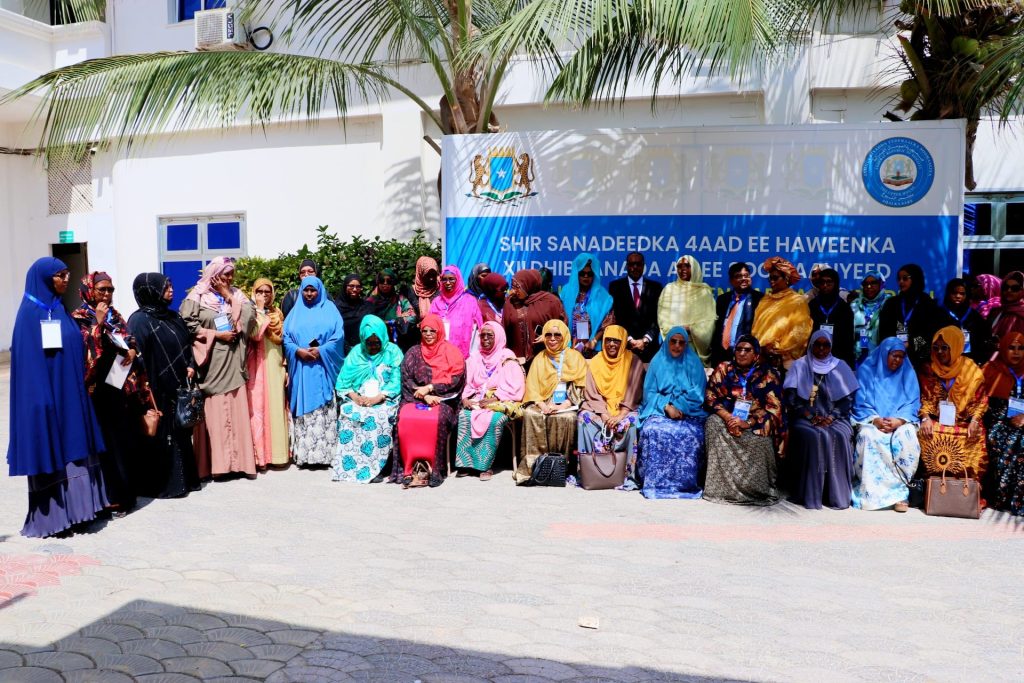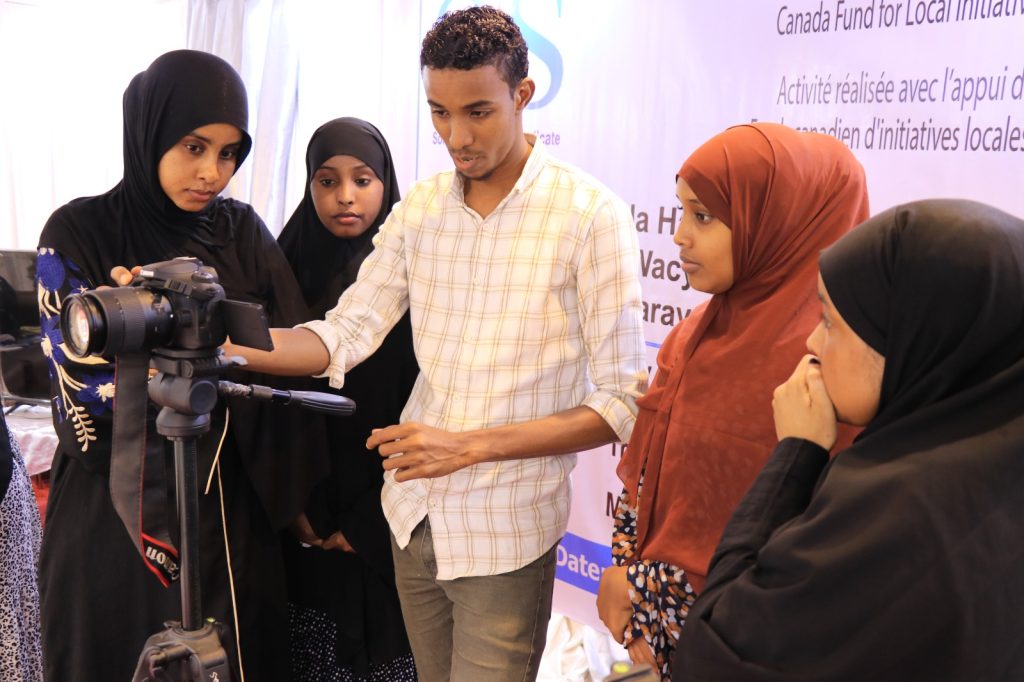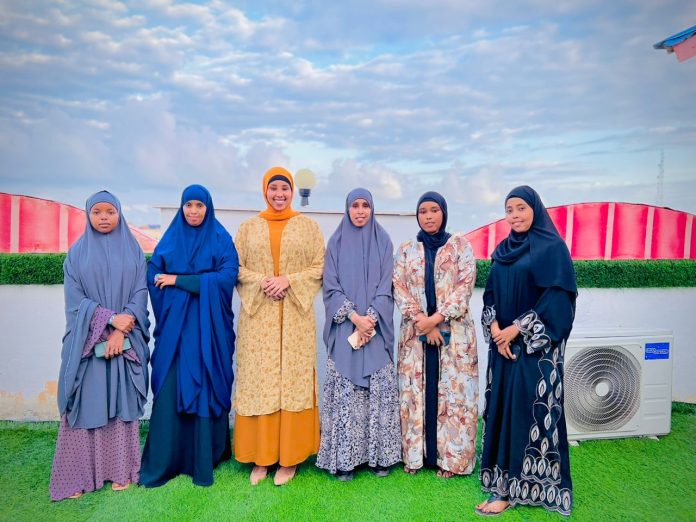MOGADISHU – Despite their integral role in Somali society, women continue to strive for the equality they deserve, facing persistent barriers amidst escalating violence against them. As the world celebrates March 8th, Somali women confront a disturbing rise in violence targeting girls and mothers, highlighting the urgent need for greater protection and support.
The brutal murders of Luul Abdicasis in Mogadishu on January 26th, with her assailant sentenced just this week by a Mogadishu court, alongside the tragic killing of Fowsiyo Muhsin Mohamed in Qoryoley at the outset of February, and the subsequent rescue of a third woman from Afgooye district, serve as stark reminders of the grave extent of violence against women in Somalia.
These incidents do not only underscore the grave risks women face, but also the absence of an effective preventive system to protect women from such atrocities.
The scourge of sexual violence and rape against women and girls persists unabated, with the most heart-wrenching incident involving the rape of a 13-year-old girl in a displacement camp in Garowe on February 17th.
According to reports from international organizations, between August 23, 2022, and February 2023, eight incidents, impacting six women, a 7-year-old girl, and a 14-year-old girl, were documented across the central and southern regions of Somalia, including Puntland.
These victims predominantly hail from vulnerable communities, often finding themselves in situations where perpetrators, particularly those affiliated with powerful groups, evade accountability due to systemic issues within the legal framework. This lack of accountability perpetuates a cycle of violence, dissuading many displaced women from reporting crimes committed against them out of fear and a lack of faith in the justice system.
Participation in politics
Traditional gender roles persist, viewing women primarily as housewives responsible for childcare and household duties, perpetuating outdated beliefs that hinder women’s effectiveness and productivity in society.

Moreover, women continue to face pervasive gender-based discrimination in workplaces, compounded by clan-based politics that often favor men and entrenched violence against women.
Despite some progress, women’s political participation remains disproportionately low, exemplified by the mere 26% representation of women in the combined Federal Parliament of Somalia, falling short of the promised 30% quota.
The influence of community elders in selecting parliamentarians, alongside pervasive corruption and bribery in Somali politics, further impedes the meaningful participation of women in politics. Additionally, the lack of adequate facilities for women exacerbates these barriers.
Recent incidents, such as the exclusion of female candidates from the 2024 Puntland parliamentary elections, underscore the persistent challenges facing Somali women in accessing political representation.
Our discussions with various women highlight that investing in empowering women through financial support, education, and awareness initiatives and pushing for a one-person one-vote might offer a sustainable solution to these entrenched challenges.
Women role in the media
Despite an increasing number of women entering the media industry and receiving regular training to enhance their journalistic skills, the representation of women in leadership positions within the country’s media remains disproportionately low.
Majority of female participants in trainings conducted by the Somali Journalists Syndicate (SJS) express the challenges of balancing domestic responsibilities, such as motherhood, with their professional duties at media centers. Moreover, they often confront societal pressure and negative perceptions based on their gender, further hindering their advancement in the field.

This highlights the critical need to raise public awareness regarding the vital role of women journalists, both within families and society at large. There is also a need to bolster resources and support for women in media to enable them to operate safely and effectively in independent media environments.
Challenges facing women empowerment initiatives
Despite the longstanding efforts of women campaigners advocating for greater female representation in leadership roles, progress remains insufficient. Women’s empowerment programs have faced challenges, with a lack of cohesion among women and civil society organizations failing to address the diverse realities and needs of women effectively.
As a former Minister of Agriculture in Puntland, Saido Hussein, who advocates for women rights, aptly likened some civil society programs to “offering a salad to a hungry person”, incapable of addressing the deeper issues at hand.
Recognizing the transformative potential of investing in women, women’s rights groups emphasize the dual importance of this endeavor – morally and strategically.
Empowering women economically, socially, and politically not only enables communities to address crises more effectively but also fosters peace and catalyzes positive societal transformation.
To achieve enduring peace, women must be empowered to assume leadership roles across all sectors, including government, civil society, and the private sector.
Every girl and woman possesses the capability to contribute meaningfully to her family, community, and the economy of Somalia.
On this International Day of March 8th, we extend our heartfelt appreciation to all Somali women, particularly those who have courageously paved the way for future generations, envisioning a peaceful and prosperous democratic Somalia for all.


